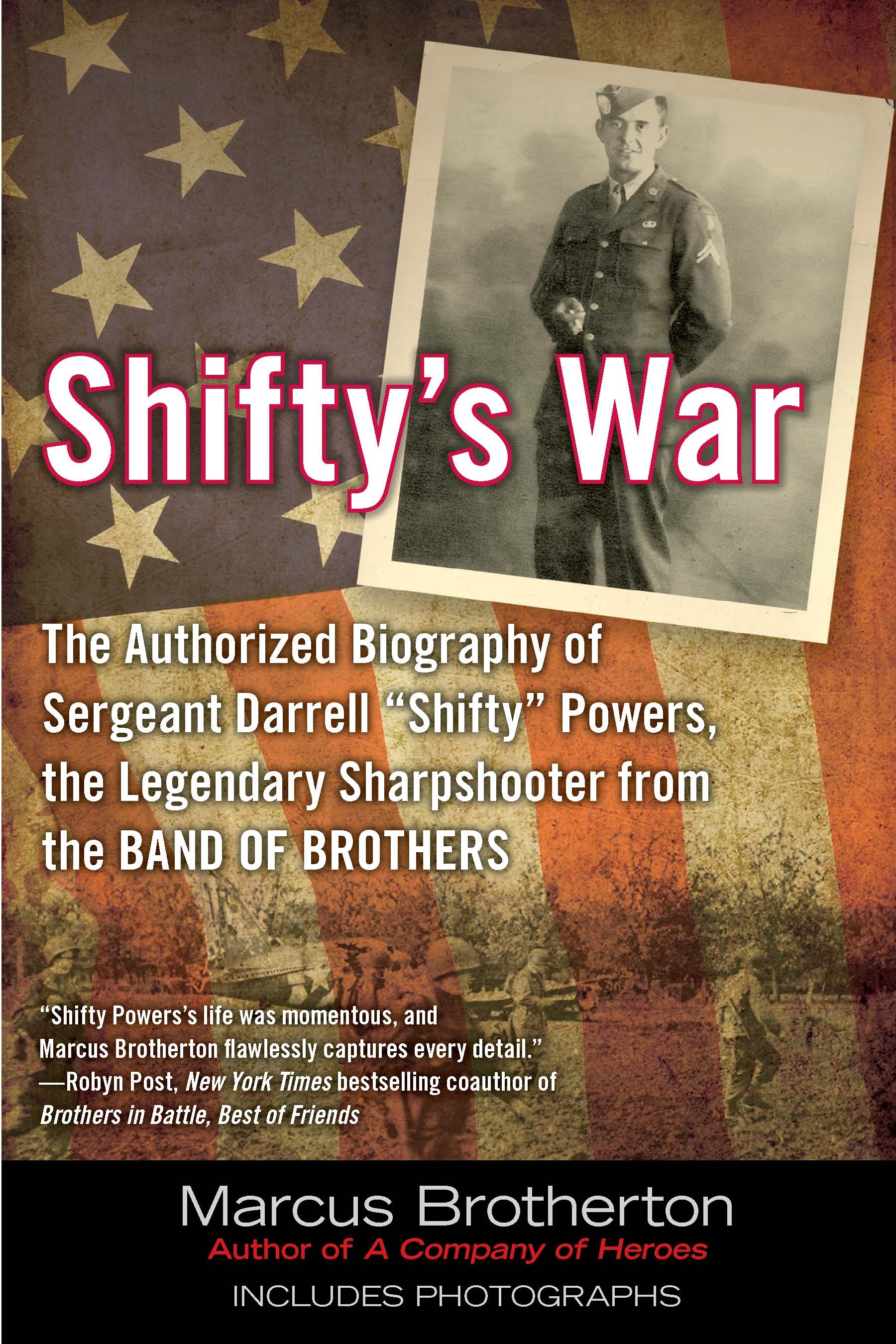

"Will there be individual officers who will make mistakes? Absolutely." "There's no institutional problem," he says. Under questioning from reporters, Burke said he doesn't see the need for a federal civil rights investigation. Alderman Ed Burke is a former police officer and powerful chairman of the City Council's finance committee, which has approved hundreds of millions of dollars in payouts to victims of police misconduct.

Still, not everyone believes there is a systemic problem in Chicago's police department.

#DID DARREL POWERS GUN JAM CODE#
"I think that the culture of police violence and cover-up and code of silence hasn't changed in the 45 or 46 years," says Flint Taylor of the People's Law Office has represented victims of excessive force since the police killings of Black Panthers Fred Hampton and Mark Clark in 1969. Shaw and others in Chicago are not surprised the Justice Department is opening a civil rights investigation into the police department. on an active arrest warrant for unlawful possession of a stolen firearm. Is a podcast that is designed to find the funny and endearing parts of life, even when every other news outlet seems to be nothing but negative. Chicago police have shot more people dead over a five-year period than any other big city, and we have the smallest rate of police officers accused of misconduct who are actually charged by an independent review board," he says. Cunningham was transported to the Ogle County Jail and held in lieu of bond. "Chicago taxpayers have spent more than half a billion dollars on excessive force cases over a decade. What recent BGA investigations have found are, in Shaw's words, shocking and shameful. "The sad reality is that no one has ever confronted it head on." "We've been living with this epidemic of excessive force in Chicago for decades maybe some of us are numbed to it," says Andy Shaw, a veteran Chicago journalist who now heads up the watchdog organization, the Better Government Association. Nobody's gonna see or hear anything we do to you today,' " Cannon says. "They took a shotgun while my hands was cuffed behind my back, and while I was standing out there, one of the detectives told me and I quote, 'N*****, look around. They suspected Cannon in a murder, so they took him to an isolated area on Chicago's South Side and played Russian roulette. 2, 1983, and the torture came at the hands of three Chicago police detectives. The day he was tortured is one that Darrell Cannon says will live with him until he takes his last breath: Nov. The incidents, critics say, are evidence of what they call a long history of Chicago police using excessive force on minorities in the city. The Chicago Police Department is the latest force in the national spotlight for a controversial shooting of a young black man, but the issues raised by recently released videos showing police shootings are not new in Chicago. He was exonerated in 2004 and released from prison in 2007.Įditor's note: This report contains graphic descriptions of torture. Darrell Cannon was tortured into confessing to a crime he didn't commit and was sentenced to life in prison.


 0 kommentar(er)
0 kommentar(er)
